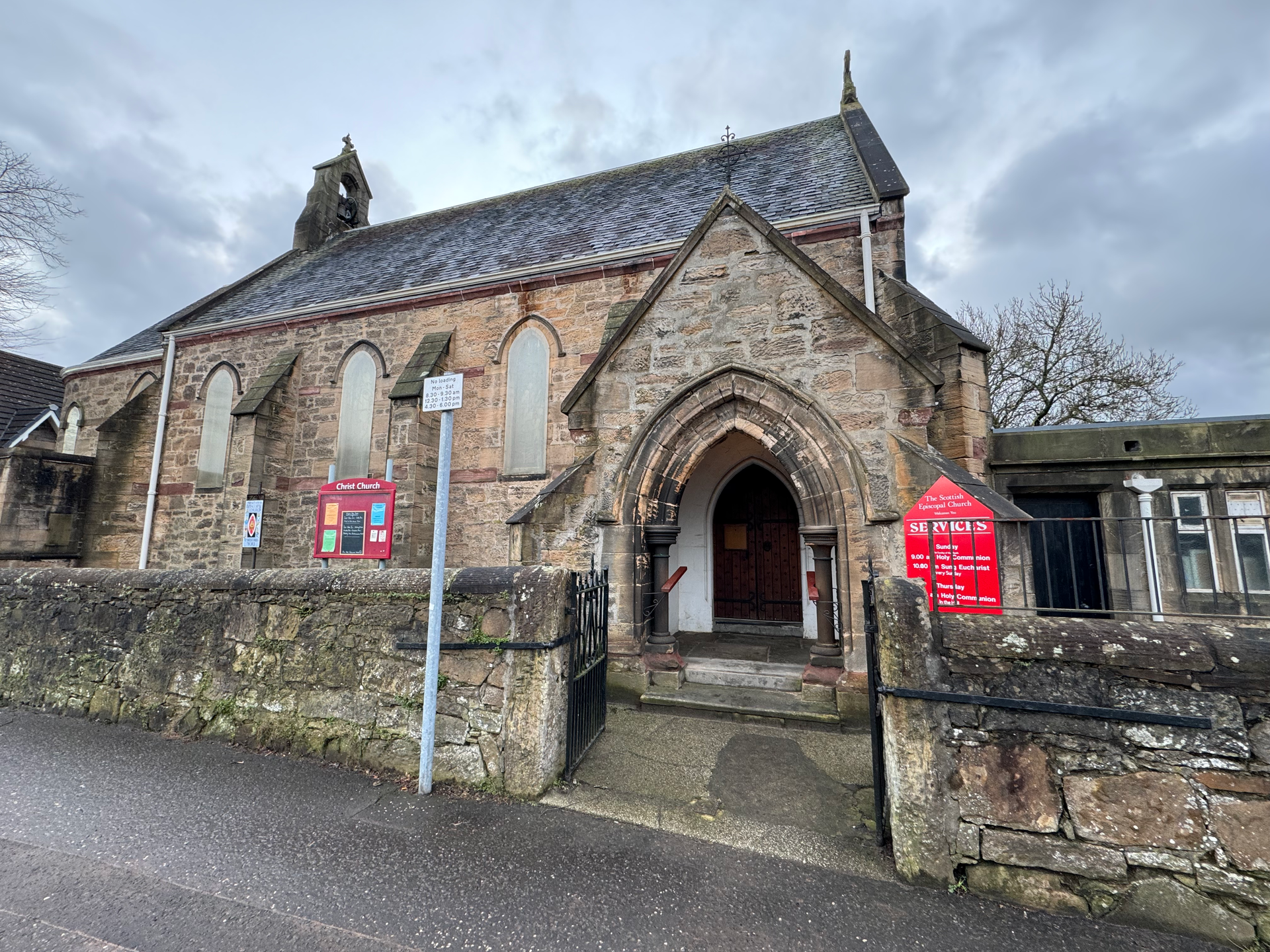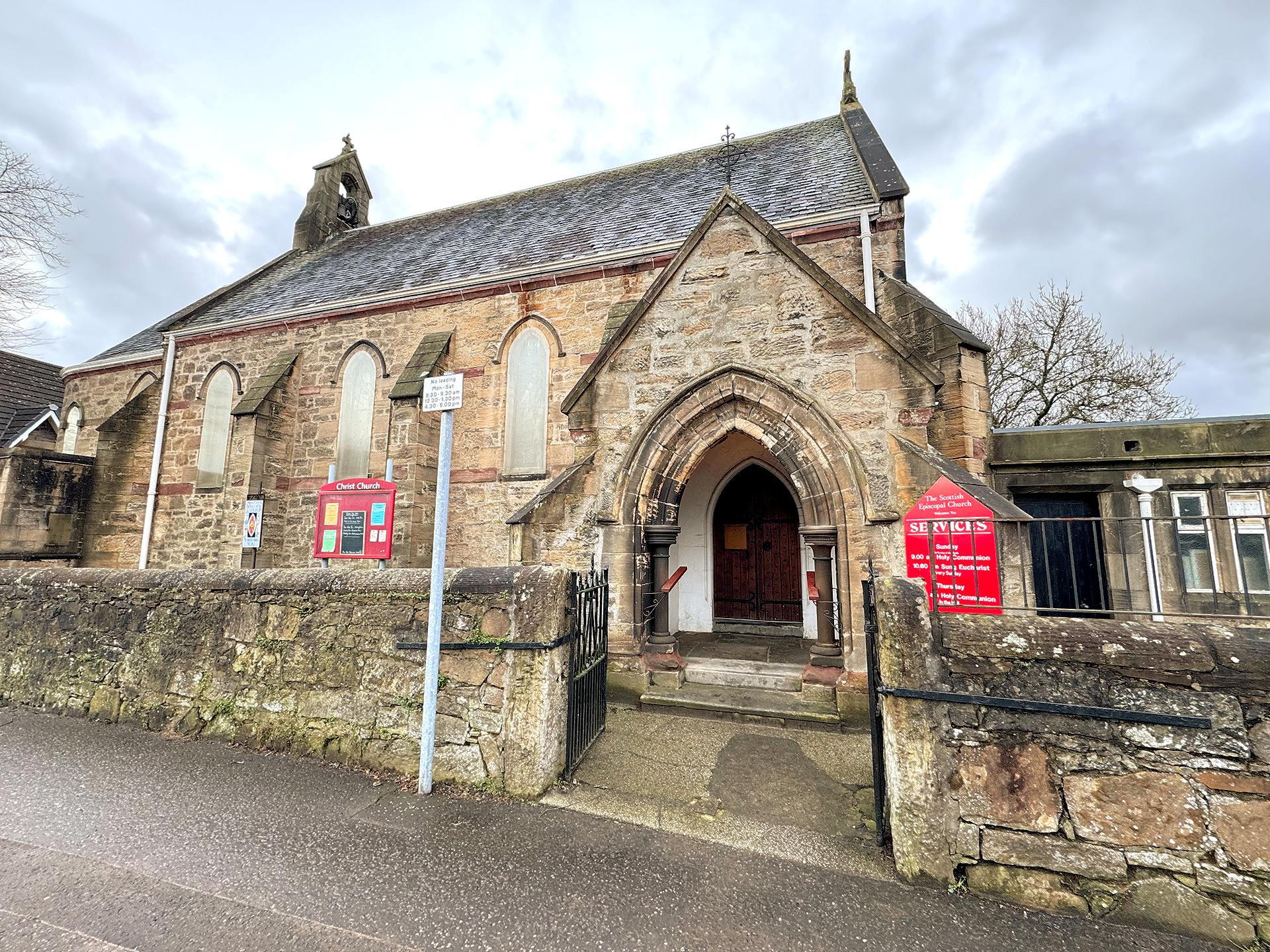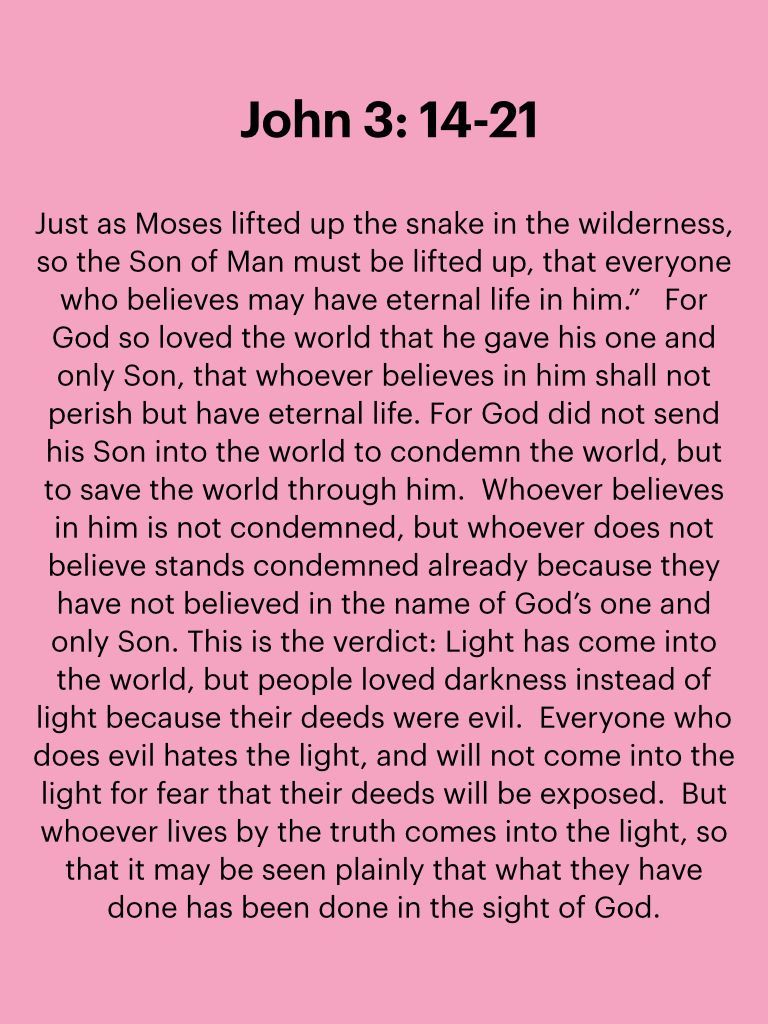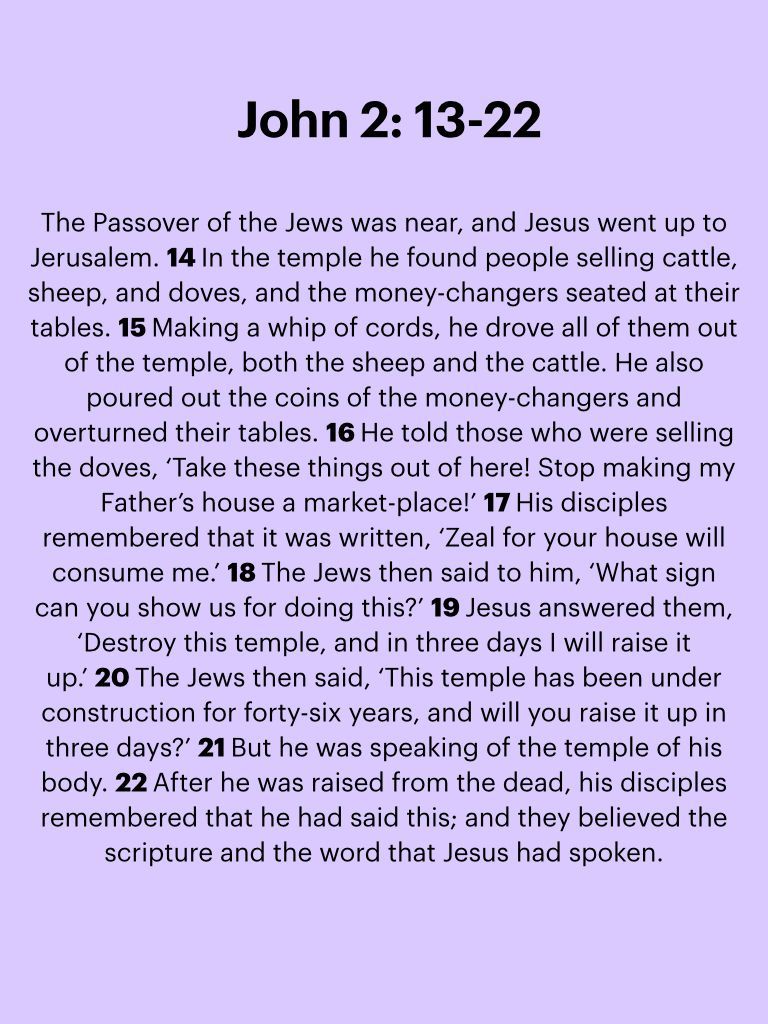Sunday Sermon
Each week Rev. Sarah Shaw will post her Sunday Sermon and the readings from that week.
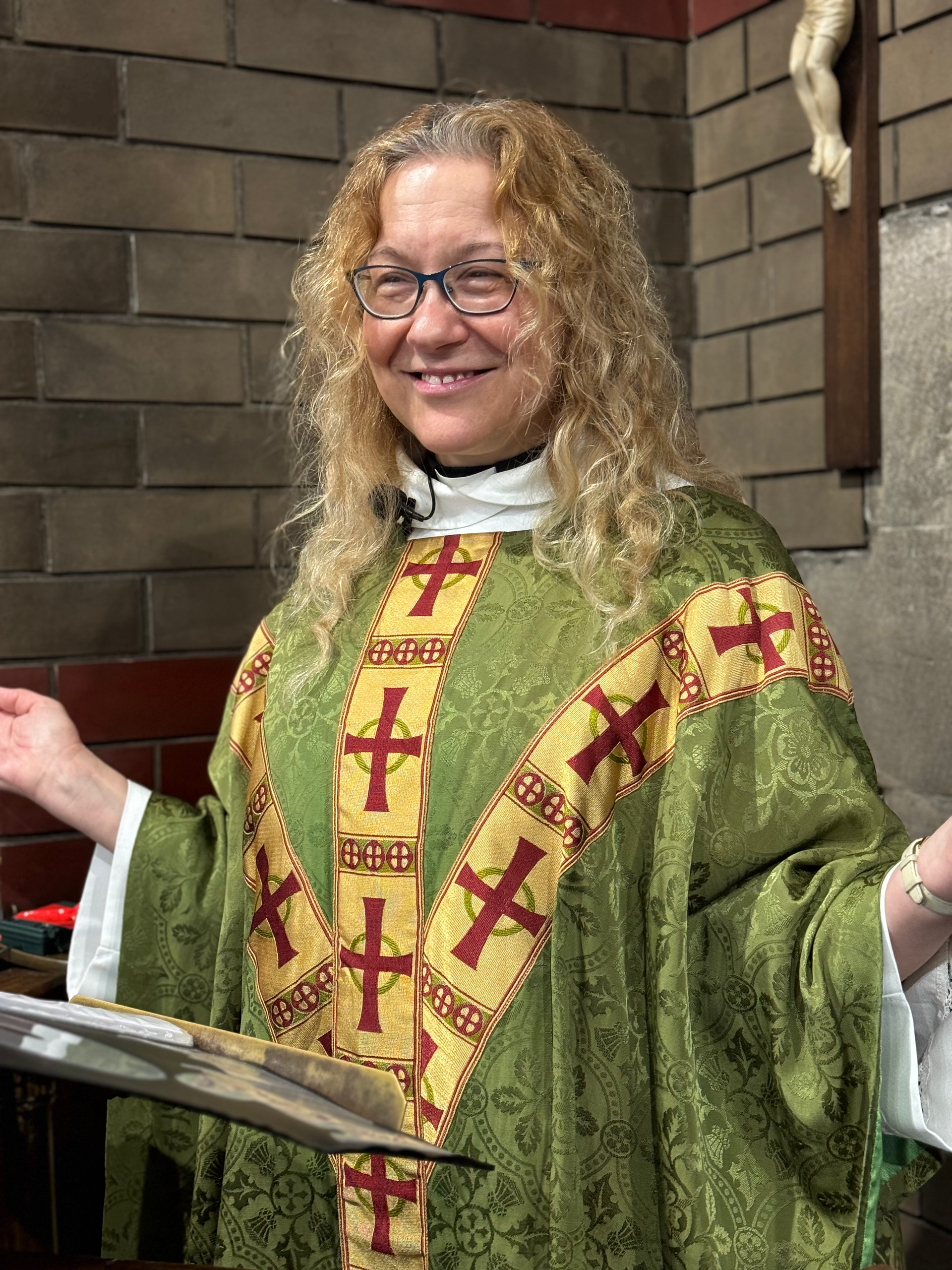
Sermon for Easter Sunday
By Rev. Sarah Shaw

In our final prayer today, our Prayer after Communion, we will pray these words:
‘God of life, bring us to the glory of the resurrection life promised in this sacrament we have shared. We ask this in the name of Jesus Christ, the risen Lord.’
It’s a simple prayer, but it says so much of what today is about! The resurrection life - a life transformed by having been brought through death to a new beginning. This is what we celebrate today.
The resurrection life. At the heart of this is Jesus risen from death – not as an idea, not as a metaphor, but as a reality. It’s so important that we understand that Jesus had a body again after his rising from death, because it makes all that gives us hope a reality. Our faith is all about embodied reality. We live, and breathe our faith. We find our faith rooted in the risen body of Jesus; we live our faith in community with other bodies, i.e. each other; we feed our faith through food and drink that nourishes our body (this bread and wine we will soon share); we share our faith in loving actions and in hopeful words - with each other, with our families, with our communities, and with the wider world. This is the resurrection life which God gives us a share in.
In the March edition of our magazine, The Bell, I quoted a poem by Ann Lewin called ‘Healing.’ In the poem, Ann Lewin talks of healing being a process, something which happens when we change, are transformed – something like a mini resurrection. She writes of healing being a process, by which ‘Through many deaths and resurrections we are set free.’ Healing involves some dying, as any change does; but ultimately, finally, through many deaths and our final resurrection, we will be set free.
In the meantime we live in the midst of this process, so that in our every day lives we experience, and will experience, many mini deaths in a lifetime. We all experience loss, pain, grief, suffering – and some of us, trauma. But our embodied lives as Christians who have come through death – with Christ – to a new beginning in our Baptism, also give us opportunities for many mini resurrections. For example, the every day blessings – enough food, shelter, a flock of geese overhead, a card from a friend, a much-needed hug, a relationship restored through forgiveness. Each time we experience one of these things that are life-giving, we are called back to recalling the resurrection of Jesus and what that means for us. His resurrection changed everything – a resurrection for all time and for all people – making all our ‘mini resurrections’ resonate with a deeper meaning. And one day, we too, will, in our resurrected bodies, see him face to face. This is the resurrection life in which we share.
In the Gospel we heard that moving account of the meeting between Mary and Jesus at the empty tomb. Jesus, not as a ghost, dream or vision, but as a living reality – so much so that Mary wants to cling to him. And in the reading from Paul’s First Letter to the Corinthians, Paul reminds his readers of what he has received from the early disciples of Jesus: ‘that Jesus was buried, that he rose again on the third day, that he appeared to Cephas – meaning Peter – and the other disciples, and then to more than 500 believers, as well as James and to me.’
Nothing short of a miracle would have enabled those early disciples - locked in fear in the upper room - to have emerged from their fear; nothing short of the bodily resurrection of Jesus would have given them the boldness and courage to preach the Gospel of Jesus, died, buried and risen again for us! - throughout the world.
They received the news from Mary, that first eye witness; heard the news from Peter and others; saw Jesus themselves – saw him eat and drink!; believed with their hearts; and spread the Gospel with their lips. This is living, embodied, faith!
What does that mean for us then, who have renewed our baptismal vows this day?
We also share in the resurrection life of Jesus. And our response, in love and gratitude, should be to use our bodies for the proclamation of the good news of Jesus. Through our words of hope, encouragement, forgiveness, peace and love; through our actions of giving, forgiving, kindness, generosity and patience. Through many such mini resurrections in our lives we will make the truth of the good news known. This is the resurrection life we are called to.
In the words of the Psalm, ‘We will not die but live, and will proclaim what the Lord has done.’
